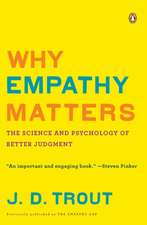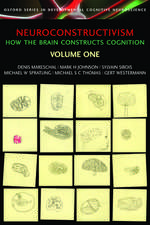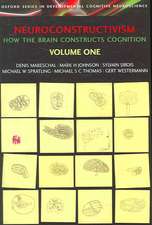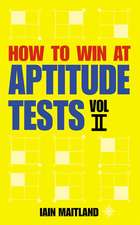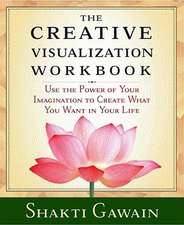Knowledge Acquisition for Expert Systems: A Practical Handbook
Editat de A. Kidden Limba Engleză Paperback – 12 oct 2011
Preț: 383.33 lei
Nou
Puncte Express: 575
Preț estimativ în valută:
73.35€ • 76.74$ • 60.93£
73.35€ • 76.74$ • 60.93£
Carte tipărită la comandă
Livrare economică 03-17 aprilie
Preluare comenzi: 021 569.72.76
Specificații
ISBN-13: 9781461290193
ISBN-10: 1461290198
Pagini: 212
Ilustrații: 208 p.
Dimensiuni: 155 x 235 x 11 mm
Greutate: 0.3 kg
Ediția:Softcover reprint of the original 1st ed. 1987
Editura: Springer Us
Colecția Springer
Locul publicării:New York, NY, United States
ISBN-10: 1461290198
Pagini: 212
Ilustrații: 208 p.
Dimensiuni: 155 x 235 x 11 mm
Greutate: 0.3 kg
Ediția:Softcover reprint of the original 1st ed. 1987
Editura: Springer Us
Colecția Springer
Locul publicării:New York, NY, United States
Public țintă
ResearchCuprins
1 Knowledge Acquisition—An Introductory Framework.- 1. Introduction.- 2. The Knowledge Acquisition Process: Mining Is a Misguided Analogy.- 3. Knowledge Domains: Capturing or Creating a Language.- 4. Tasks: Defining the Problem That the Expert System is Designed to Solve.- 5. System Modality: Defining the Set of Tasks.- 6. Users: Acquiring Their Knowledge.- 7. An Alternative Approach: Identifying Weaknesses in Human Reasoning.- 8. Concluding Guidelines for Knowledge Engineers.- 9. Brief Overview of Chapters.- 10. References.- 2 Use of Models in the Interpretation of Verbal Data.- 1. Problems and Solutions in Building Expert Systems.- 2. A Methodology for Knowledge Acquisition.- 3. Interpretation of Data on Expertise.- 4. Concluding Remarks.- 5. Guidelines Summary.- 6. References.- 3 Knowledge Acquisition by Analysis of Verbatim Protocols.- 1. Introduction.- 2. Design of the Experiment.- 3. The Nephrotic Syndrome.- 4. Analysis of the Transcript.- 5. The Domain Model—Structural Description.- 6. Qualitative Simulation in the Explanation.- 7. The Domain Model—Qualitative Description of State.- 8. The Domain Model—Qualitative Simulation.- 9. Conclusion.- 10. Postscript.- 11. References.- 4 A Systematic Study of Knowledge Base Refinement in the Diagnosis of Leukemia.- 1. Introduction.- 2. Leukemia Diagnosis.- 3. Knowledge Elicitation and Expert System Development.- 4. System Performance.- 5. Analysis of Disagreements between System and Expert.- 6. Discussion.- 7. Guidelines Summary.- 8. References.- 5 Knowledge Elicitation Involving Teachback Interviewing.- 1. The Knowledge Elicitation Process.- 2. Case Studies.- 3. Mediating Representation—SGN.- 4. Discussion.- 5. Guidelines Summary.- 6. References.- 6 An Interactive Knowledge-Elicitation Technique using PersonalConstruct Technology.- 1. Knowledge Engineering.- 2. Personal Construct Psychology.- 3. What Is a Repertory Grid?.- 4. Techniques for Repertory Grid Elicitation and Analysis.- 5. Soft Systems Analysis.- 6. PLANET: A Computer-Based Knowledge-Engineering System.- 7. PEGASUS in Action.- 8. ENTAIL in Action.- 9. Validation.- 10. Guidelines Summary.- 11. References.- 7 Different Techniques and Different Aspects on Declarative Knowledge.- 1. Introduction.- 2. Methods.- 3. Using the Knowledge Base.- 4. Future Research.- 5. Guidelines Summary.- 6. References.- 8 Role of Induction in Knowledge Elicitation.- 1. Introduction.- 2. Induction.- 3. A Case Study.- 4. Conclusion.- 5. References.


